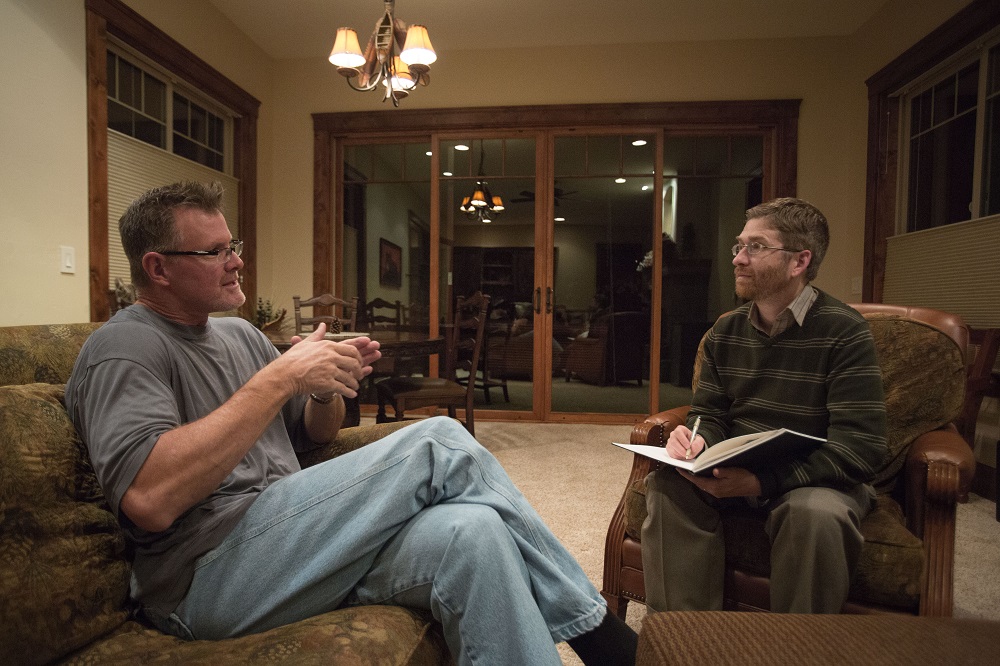There is ancient precedent for believing that disordered feelings often arise because of prior problems in thinking and behavior. For example, the desert fathers in the tradition of Christian monasticism often taught that the way to address problems in one’s emotional life is to attend to what is happening in the realm of thinking and behavior. Even before them, the 1st century Stoic philosopher Epictetus taught that our interpretations of events have a greater impact on us than the events themselves, so that the way to avoid unnecessary suffering is to engage in correct thinking.
The basic idea is that there was a web of multiple reciprocities between how we think, what we feel and the way we behave.
On one level, this is common sense: it doesn’t take a PhD in psychology to know that because we are whole people, a change in one aspect of the human ecosystem will have an impact in other areas. However, psychology hasn’t always traded in common sense, and for much of the discipline’s history too little attention was given to the notion of changing maladaptive feelings through addressing thoughts and behavior. Continue reading

